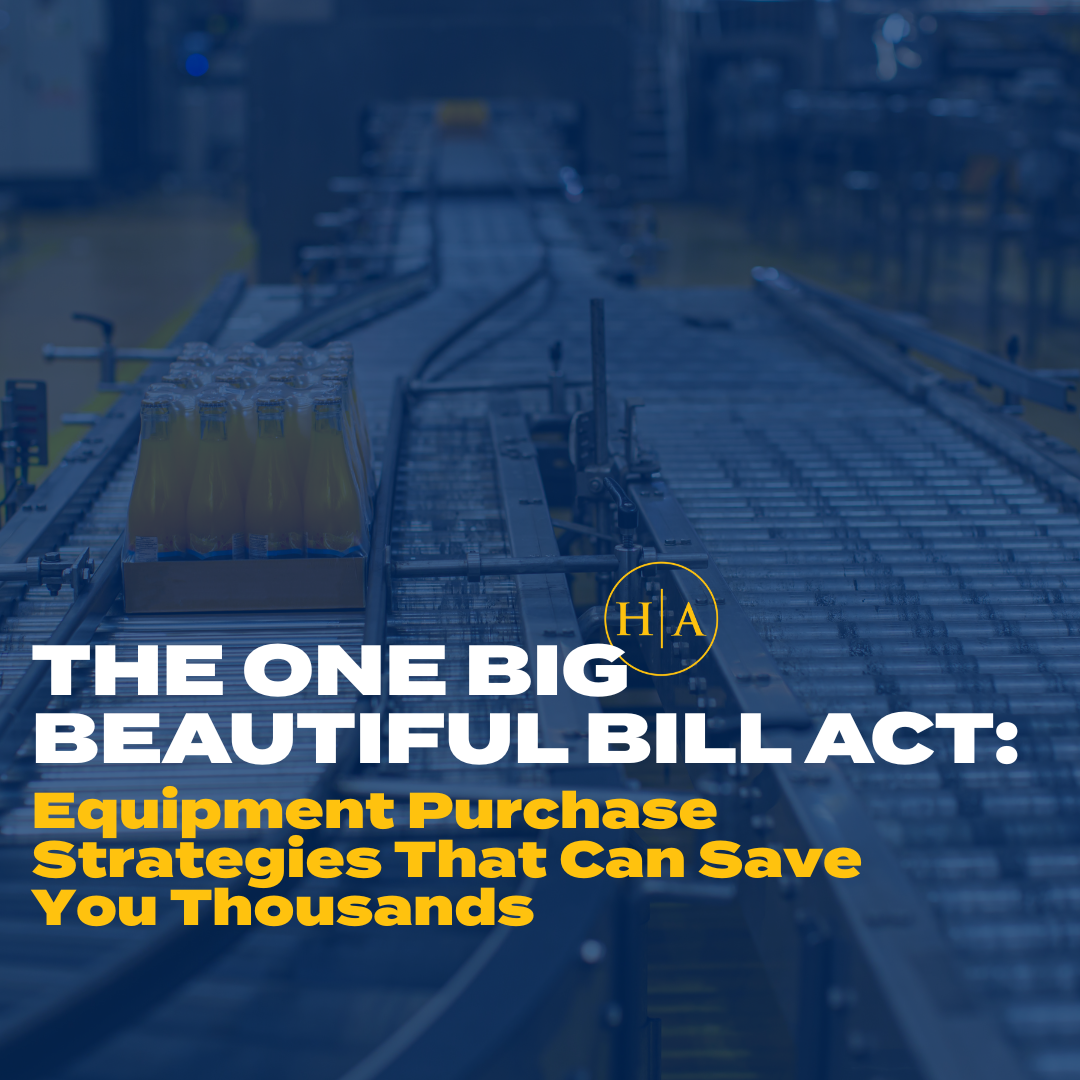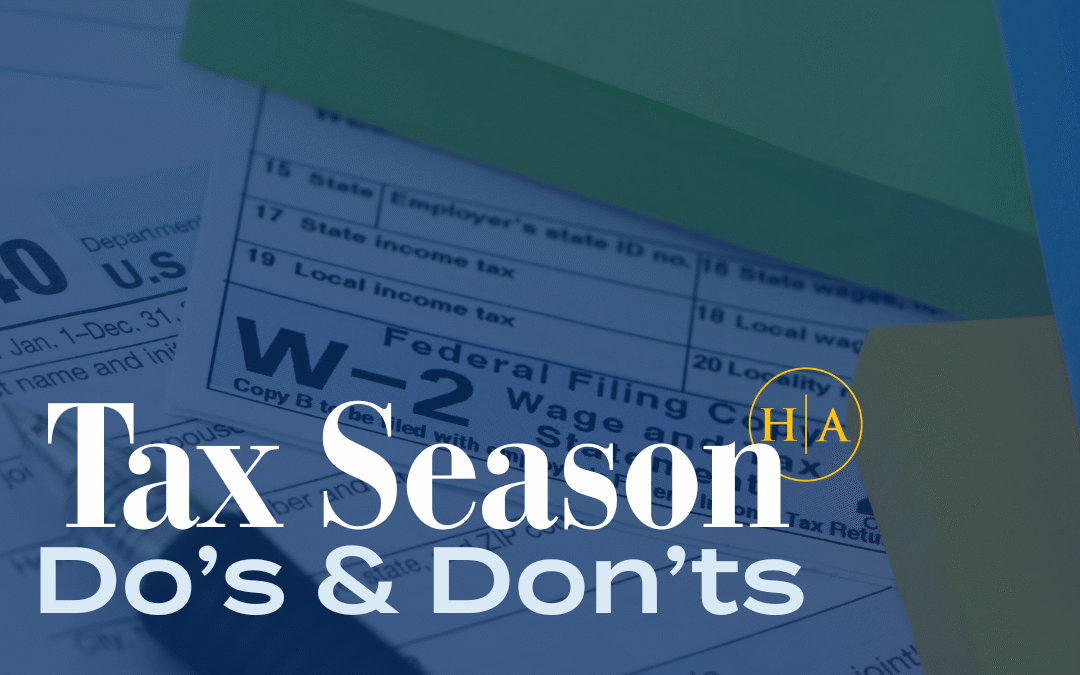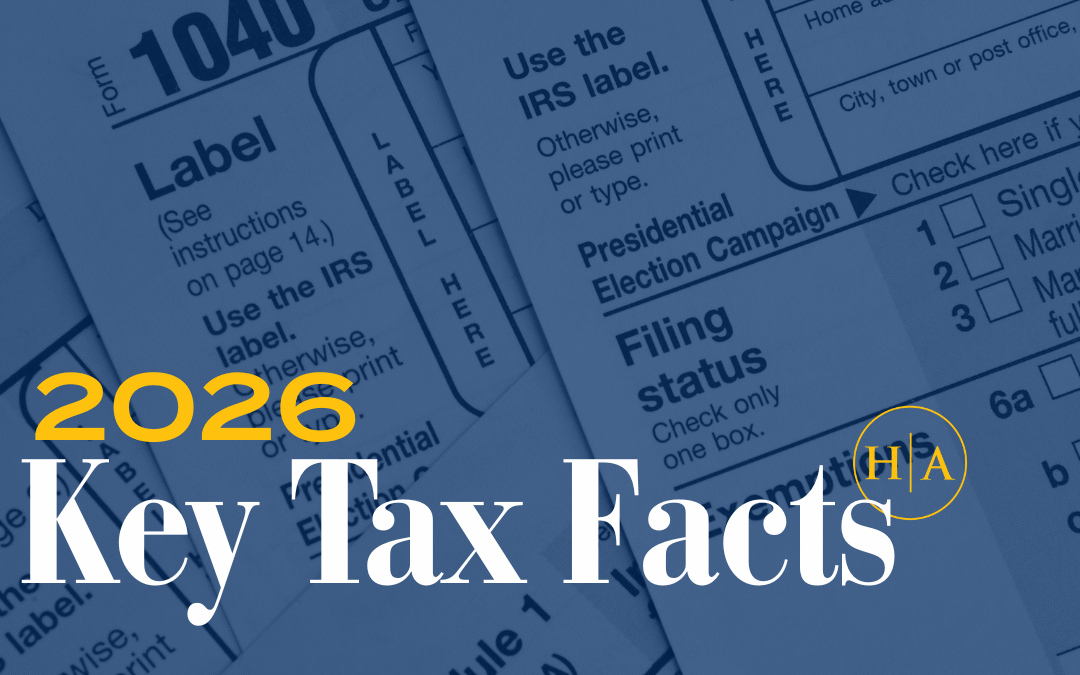With 100% bonus depreciation back and Section 179 limits nearly doubled, 2025 is shaping up to be an excellent year for business equipment purchases. Here’s how to maximize these opportunities.
Two Ways to Write Off Equipment Immediately
You now have two powerful tools to expense business equipment purchases right away:
Bonus Depreciation (100% starting January 20, 2025):
- Automatic for qualifying assets
- Works whether you have business income or losses
- Applies to entire asset classes (all or nothing)
- Available for both new and used equipment
Section 179 (up to $2.5 million for 2025):
- You choose which specific assets to expense
- Limited to your business income (can’t create losses)
- Includes some real estate improvements
- Better state tax treatment in some states
What Equipment Qualifies
Most business equipment qualifies for these immediate write-offs:
Definitely qualifies:
- Computers and software (3-year depreciation life)
- Office furniture and fixtures
- Machinery and equipment (5-7 year depreciation life)
- Most business vehicles
- Manufacturing equipment
The 20-year rule: Generally, anything with a depreciation life of 20 years or less qualifies.
Strategic Timing Considerations
The January 19, 2025 line in the sand matters: Assets purchased after this date get 100% bonus depreciation. Assets purchased before (even if delivered after) are limited to 40%.
Contract timing is crucial: If you signed a binding purchase contract before January 19, 2025, you don’t get the enhanced benefits even if the equipment arrives after that date.
Planning tip: If you have equipment on order with contracts signed before January 19, consider whether you can modify or cancel those contracts to take advantage of the better rules.
When to Choose Section 179 Over Bonus Depreciation
Choose Section 179 when:
- You want to expense only specific pieces of equipment, not everything
- Your state doesn’t conform to bonus depreciation rules
- You’re purchasing real estate improvements that qualify for Section 179 but not bonus depreciation
- You want more control over the timing and amount of deductions
Choose bonus depreciation when:
- You want to expense everything qualifying that you purchase
- Your business has losses (Section 179 won’t help)
- You want the simplicity of automatic treatment
State Tax Considerations Matter
Not all states follow federal depreciation rules:
- Some states don’t allow bonus depreciation but do allow Section 179
- Some states have lower Section 179 limits than federal
- The state tax difference could influence which method saves you more money overall
Real Estate Improvements Get Section 179 Treatment
Certain real estate improvements qualify for immediate Section 179 expensing:
- Interior improvements to nonresidential buildings
- Roofs, HVAC, fire protection systems, security systems
- Must be placed in service more than three years after the building was first occupied
Planning Opportunities for 2025
Equipment replacement: If you’ve been putting off equipment purchases, 2025 offers exceptional tax benefits for catching up.
Cash flow management: Immediate expensing can significantly reduce your 2025 tax bill, improving cash flow for reinvestment.
Coordinate with other deductions: Consider how equipment purchases interact with the QBI deduction and other business tax benefits.
Multi-year planning: While these benefits are substantial now, consider what happens in future years when the rules might change again.
Potential Limitations to Watch
Section 179 phase-out: The deduction phases out if you purchase too much equipment in one year (starts phasing out when total purchases exceed $4 million for 2025).
Income limitations: Section 179 can’t create business losses – it’s limited to your business income.
Recapture rules: If you sell equipment shortly after purchasing it, you might have to “recapture” some of the tax benefits as ordinary income.
Making the Right Choice for Your Business
These enhanced depreciation benefits are some of the most generous we’ve seen, but the right strategy depends on your specific situation:
- Your current year income and losses
- State tax implications
- Types of assets you’re purchasing
- Long-term business plans
The key is coordinating these equipment purchase decisions with your overall tax strategy. With proper planning, you can significantly reduce your 2025 tax bill while investing in your business’s growth.
We’re here to help you navigate these opportunities and make sure you’re maximizing every available benefit. Give us a call to discuss your specific situation and develop a strategy that works best for your business.




